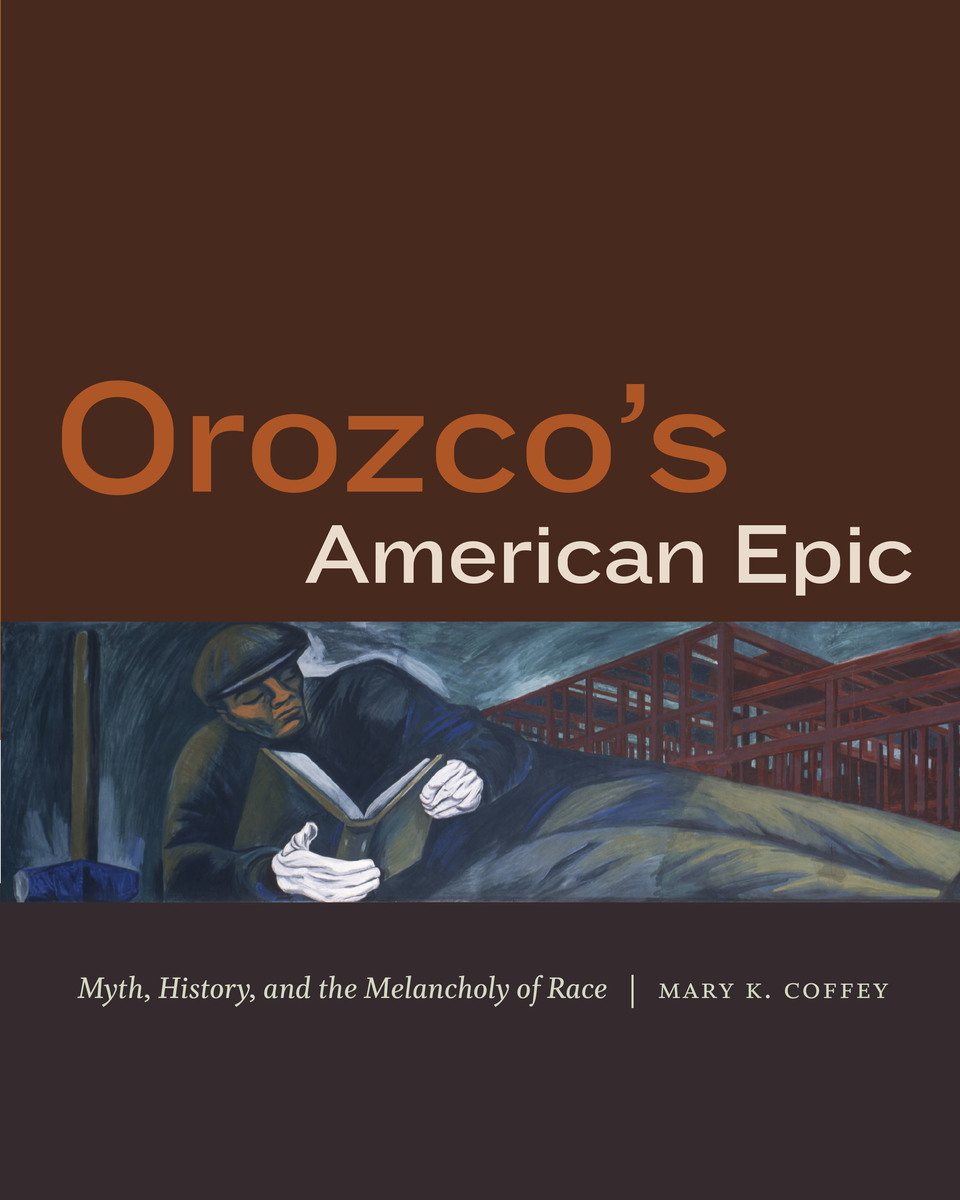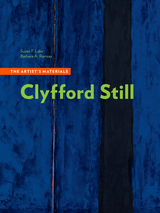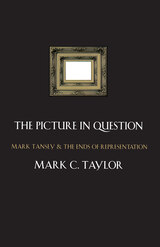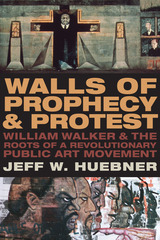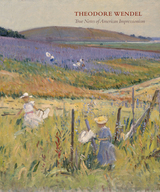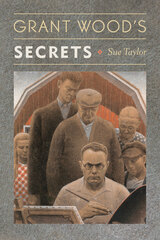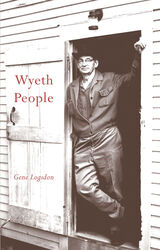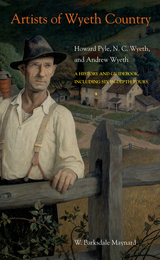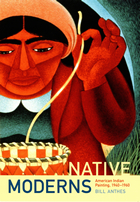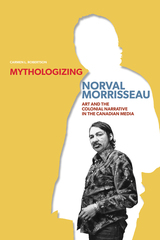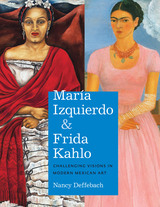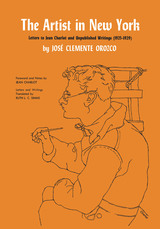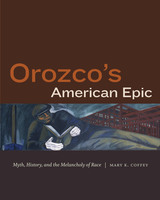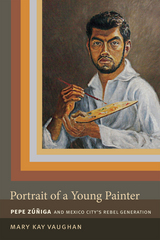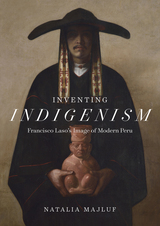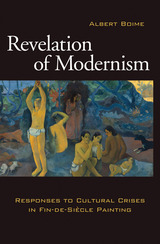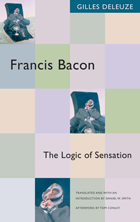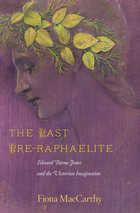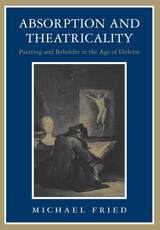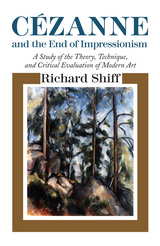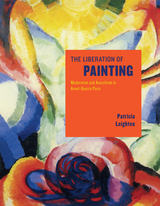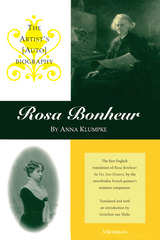Orozco's American Epic: Myth, History, and the Melancholy of Race
Duke University Press, 2020
Cloth: 978-1-4780-0178-2 | Paper: 978-1-4780-0298-7 | eISBN: 978-1-4780-0330-4 (standard)
Library of Congress Classification ND259.O7C644 2019
See other books on: Melancholy | Monographs | Mural painting and decoration, Mexican | Myth | New Hampshire
See other titles from Duke University Press
Cloth: 978-1-4780-0178-2 | Paper: 978-1-4780-0298-7 | eISBN: 978-1-4780-0330-4 (standard)
Library of Congress Classification ND259.O7C644 2019
ABOUT THIS BOOK | AUTHOR BIOGRAPHY | REVIEWS | TOC | REQUEST ACCESSIBLE FILE
ABOUT THIS BOOK
Between 1932 and 1934, José Clemente Orozco painted the twenty-four-panel mural cycle entitled The Epic of American Civilization in Dartmouth College's Baker-Berry Library. An artifact of Orozco's migration from Mexico to the United States, the Epic represents a turning point in his career, standing as the only fresco in which he explores both US-American and Mexican narratives of national history, progress, and identity. While his title invokes the heroic epic form, the mural indicts history as complicit in colonial violence. It questions the claims of Manifest Destiny in the United States and the Mexican desire to mend the wounds of conquest in pursuit of a postcolonial national project. In Orozco's American Epic Mary K. Coffey places Orozco in the context of his contemporaries, such as Diego Rivera and David Alfaro Siqueiros, and demonstrates the Epic's power as a melancholic critique of official indigenism, industrial progress, and Marxist messianism. In the process, Coffey finds within Orozco's work a call for justice that resonates with contemporary debates about race, immigration, borders, and nationality.
See other books on: Melancholy | Monographs | Mural painting and decoration, Mexican | Myth | New Hampshire
See other titles from Duke University Press
